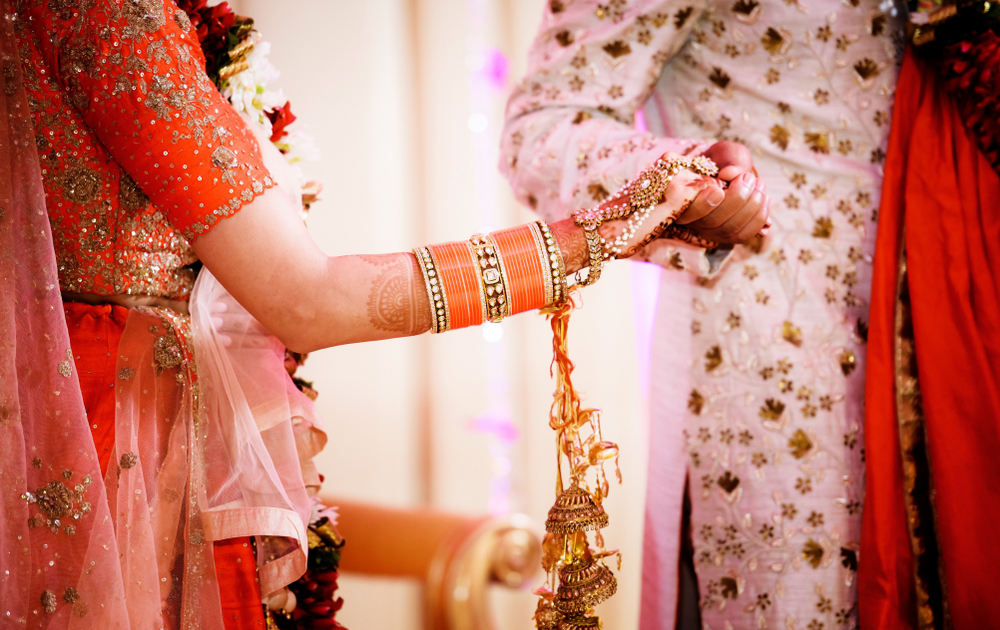Introduction
Finding a life partner who shares one more important trait with you is a truly enriching experience. Faith-based matchmaking is a time-honored procedure by which individuals gather together in matched pairs that have religious backgrounds. This could be done through an online medium, professional matchmakers, or community-based setup that encourages relationships grounded in mutual understanding, spiritual compatibility, and aligning life goals.
This blog will touch upon the essence of faith-based matchmaking, its rising popularity, the platforms in operation, its pros and cons, and how it is relevant to the new age.
What is Faith-Based Matchmaking?
Faith-based matchmaking incorporates theology into the partner-searching process. Unlike regular dating, where attraction and lifestyle preferences take precedence, the priority of this method is to unify shared beliefs, moral values, and long-term compatibility. Many faith traditions emphasize marriage as a sacred bond, so faith-based matchmaking is inherently important in building relationships.
The Rise of Faith-Based Matchmaking Platforms
Today, matchmaking is done digitally. Using websites of all kinds, people find their soul mates even among various religious communities. Such matchmaking websites provide comfort zones for faith-based people who want to connect.
1. Christian Mingle
Christian Mingle is a dating platform for Christian singles. Launched in 2001, the platform allows users to list their denomination, faith level, and relationship ambitions, having provided 16 million people features under the roof of faith relationships.
2. SingleMuslim.com
SingleMuslim.com began in 2000 as a platform for Muslims to find marriage partners while following Islamic principles, ensuring that members adhered to religious and cultural values. It has flourished with over 2 million members and thousands of marriages.
3. SALT
SALT is the Christian dating app that helps users connect with those who share their faith. Founded in 2018, its focus on finding meaningful relationships clearly emphasizes faith and shared values.
4. JWed
The JWed dating site is for single Jews interested in marriage and aims to connect people with a traditional Jewish outlook on life by offering a niche matchmaking service for the Jewish community.
The Role of Professional Faith-Based Matchmakers
There are also highly refined services by professional matchmakers beyond these e-dates to meet the specific needs of faith-based consumers looking for their perfect matches.
1 True Match
Booted by Renee Rachel, 1 True Match is indeed a Christian matchmaking service that aligns individuals based on personality, faith, and values for life and long-lasting relationships.
LUMA Luxury Matchmaking
LUMA is a firm that offers personalized matchmaking services inclusive of matchmaking for Christians. Their staff vet the selections so that there will be harmony in faith and values.
Faith-Based Matchmaking in Popular Culture
Faith-based matchmaking has also received some mainstream exposure with the help of reality television shows, which aim at depicting relationship scenarios based on faith.
Rephrasing sentence with reduced perplexity and high burstiness while maintaining word count and HTML elements:
Muslim Matchmaker
Premiering on Hulu, “Muslim Matchmaker” follows matchmakers helping Muslim American singles find love while honoring their faith and traditions.
Jewish Matchmaking
A Netflix series hosted by Aleeza Ben Shalom, “Jewish Matchmaking” explores the challenges and joys of finding a partner within the Jewish faith.
Benefits of Faith-Based Matchmaking
- Shared Values and Beliefs –
Ensures alignment on major life decisions, ethics, and spiritual practices.
- Community Support –
Often involves families and religious leaders, providing a support system.
- Intentionality –
Faith-based matchmaking prioritizes serious relationships over casual dating.
- Cultural Compatibility –
Many traditions of religion interweave with cultural customs, making faith-based matchmaking an excellent option for finding partners carrying the same beliefs and respecting their cultural heritage.
Challenges in Faith-Based Matchmaking
- Diverse Interpretations of Faith – I
individuals may practice their faith differently, creating potential conflicts.
- Family Expectations –
Family involvement can be helpful but also pressure individuals into decisions.
- Balancing Tradition and Modernity –
Navigating between faith-based principles and contemporary dating norms can be challenging.
- Limited Pool of Matches –
Narrowing the search to faith-aligned partners may reduce the number of available matches.
The Future of Faith-Based Matchmaking
It is continuously changing and modernized while holding true to the original values of faith-based matchmaking. The following are some of the promising developments for the future:
- Increased Use of Technology –
AI-driven matchmaking will enhance compatibility assessments.
- More Inclusivity –
Platforms will continue to accommodate diverse interpretations within religious communities.
- Educational Resources –
More faith-based dating platforms are integrating guidance on building strong spiritual relationships.
Conclusion
Faith-based matchmaking implies more than just a partner; it is about building that relationship on faith, values, and life goals that are common to both. Be it online or by professional matchmakers or through community efforts, this is a way for people to connect with partners of similar philosophies. With changing times and technology, the way forward should be easier and more effective for those in search of relationships with some spiritual alignment. Are you ready to engage in faith-based matchmaking? It brings on the experience of finding a partner who shares your beliefs and values, thereby laying an incredible foundation for a lasting yet significant relationship.




